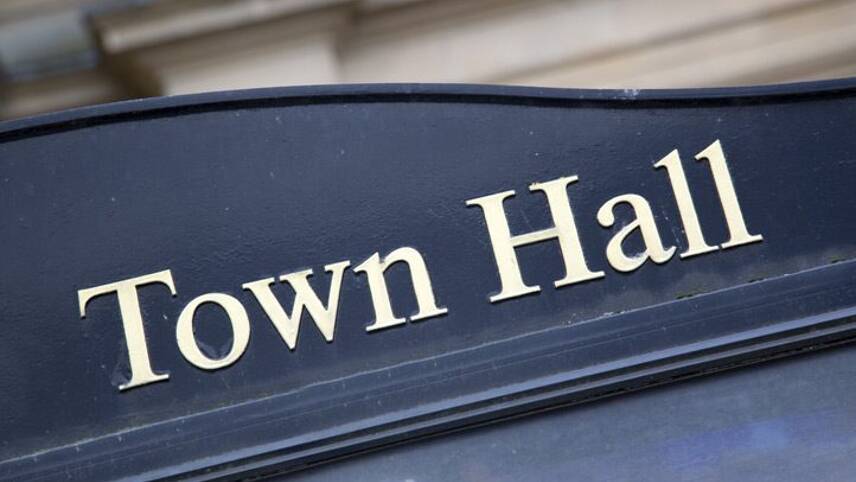Register for free and continue reading
Join our growing army of changemakers and get unlimited access to our premium content

Reaching net zero carbon emissions is a collective challenge, but the scale and complexity varies considerably. If you’re a private sector organisation, for many the first steps towards net zero begin with measuring and reducing emissions, shifting to renewable energy, and driving behaviour change through employees, consumers and supply chains.
When it comes to local government, the challenge involving the decarbonisation of places, and helping us all to live, work and play in a more sustainable way can be even more complex because of the scale and inter-dependencies of people and places. If you look at the average council simply as an employer that owns buildings and vehicles, its direct emissions will be about 16,000-20,000 tonnes per year. If you include Scope 3 emissions, that figure rises to about 200,000 tonnes – this is a whole order of magnitude higher. But add in all the place-based emissions within a council’s boundaries, and it’s 2-4 million tonnes. This is not only where the majority of emissions lie, but it is also where the council has the least degree of direct control and has to therefore rely on influence and policy demonstrating its role as a leader of place – a far more complex challenge.
The investment required to achieve this is eye-watering. In local government, we’re used to talking in hundreds of thousands of pounds, occasionally in millions – but to get a large city like Birmingham or Leeds to net zero is going to cost at least £20bn, with the requirements for some cities and regions exceeding £60bn.
The scale of the challenge is huge, and one that cannot be funded by the public sector alone; it requires private sector collaboration and investment to make it happen. To deliver net-zero, we need to plan for £10 of private sector investment for every £1 of public funding – a challenging funding ratio that still means hundreds of millions, or indeed billions of investment for a typical council.
There is however good news, there is significant appetite to meet the challenge; more than 300 of the 333 councils in England have already declared a climate emergency. Most are aiming to achieve net zero 10-15 years ahead of the central government target and are demonstrating real innovation and leadership.
So, there’s great momentum and ambition in the sector – but how do you actually deliver such a complex and expensive project? We believe the answer revolves around taking a place-based approach to decarbonisation. This means thinking about how you can use the transition to a green economy to support traditional place-based outcomes – health and social outcomes, inclusive and green growth – so that local communities benefit, not just the environment in isolation. It means using the council’s role as leaders of place to convene the wider public, third and private sectors to join everything up and take a systems-wide approach, addressing market failure and enabling investment. When stripped back and the green premium is fully understood, that is, the actual cost differential to go green, it represents excellent value for money.
When both social and environmental outcomes are considered, alongside traditional economic outcomes, investment in decarbonisation represents value greater than that of many traditional regeneration schemes and will deliver improved outcomes and benefits to communities for generations to come.
That’s the bottom line: instead of seeing net-zero as a significant challenge to overcome, councils could view value-led sustainability as providing multiple benefits to places and to individuals. There’s no denying the scale of the investment needed, but done right, the benefit outweighs the cost. Research on the private sector action on climate change, found that there are considerable growth opportunities for business taking early action. 7 in 10 told us the financial benefits of sustainability investments are exceeding their expectations, and they are benefiting from unexpected financial value in areas like revenue growth and earnings.
If local government, as a sector, can embrace sustainability as an opportunity, it will enable councils to be far more ambitious in what they deliver and really ensure that their communities and local economies prosper from the transition to a greener economy.



Please login or Register to leave a comment.